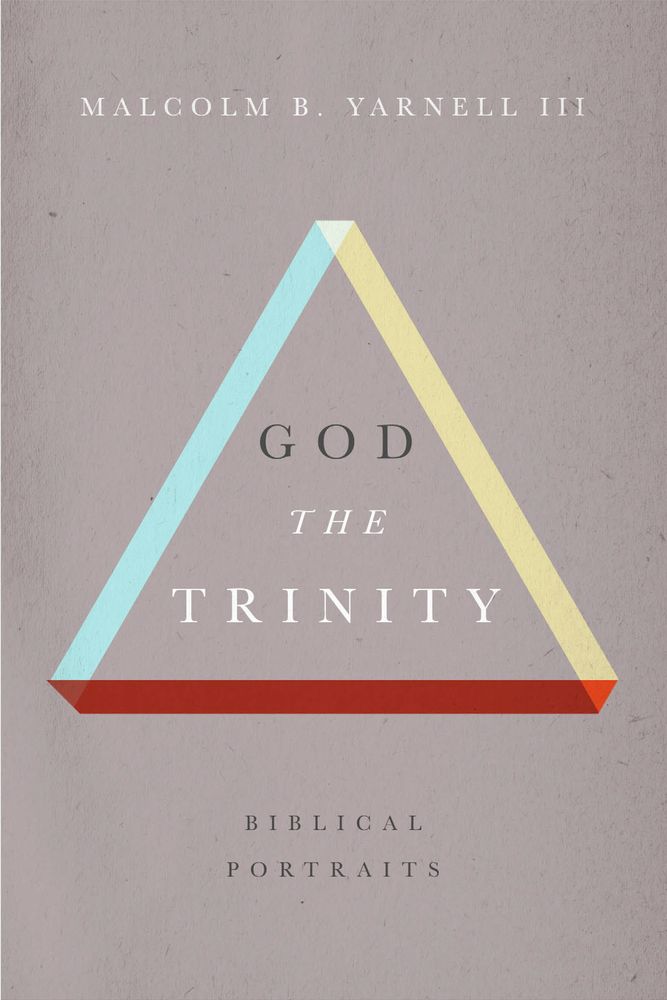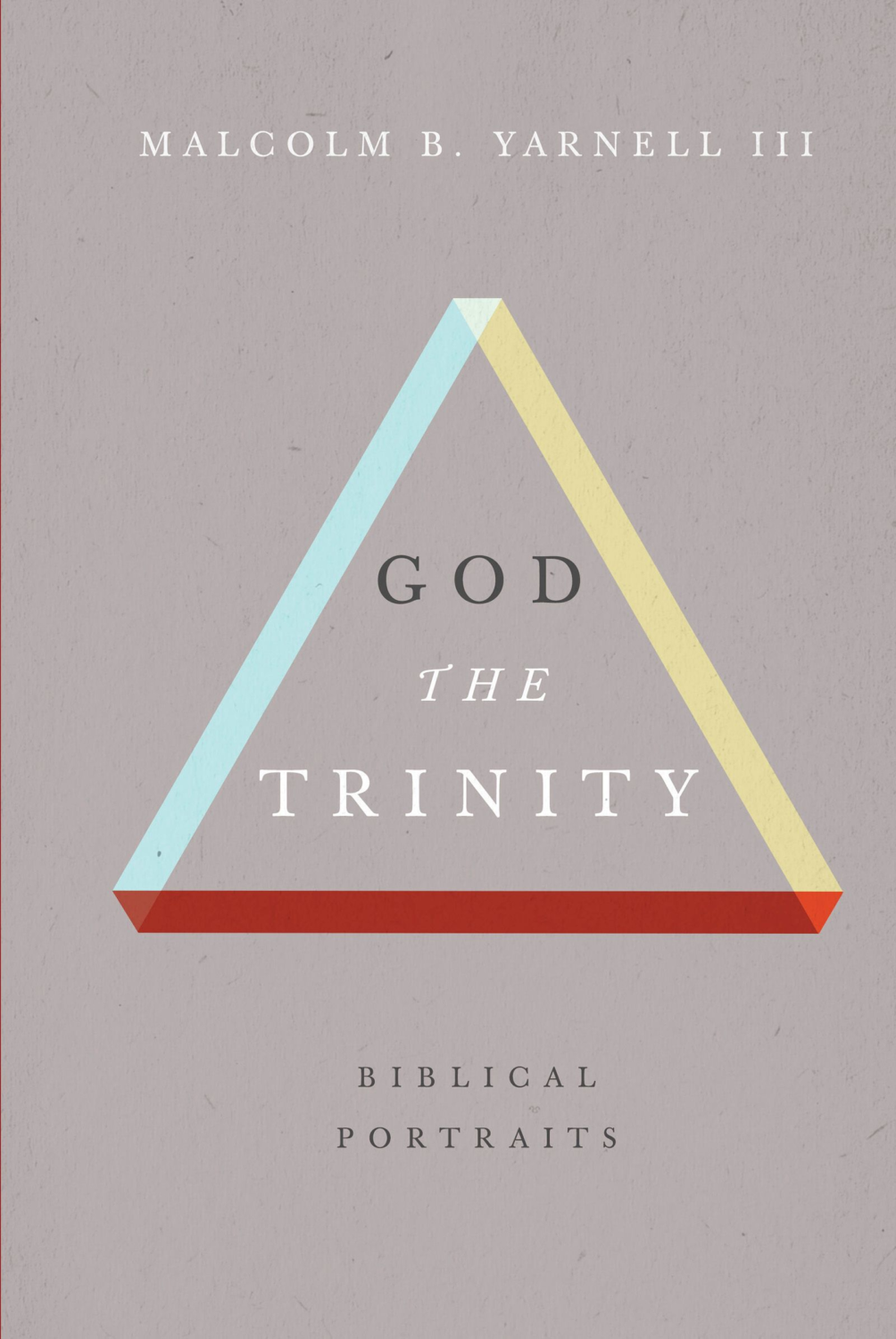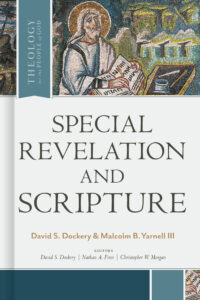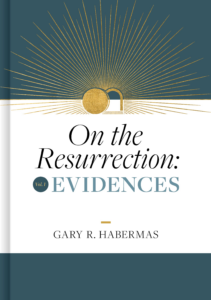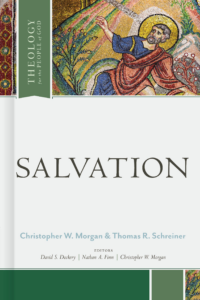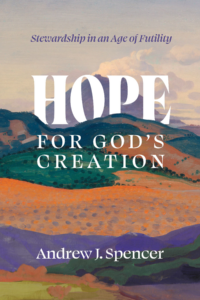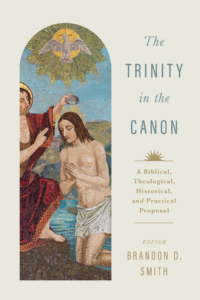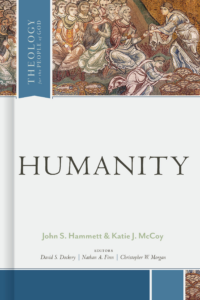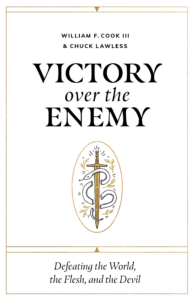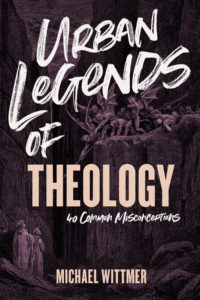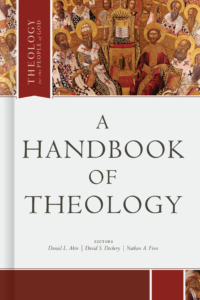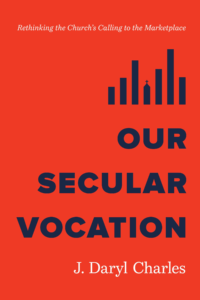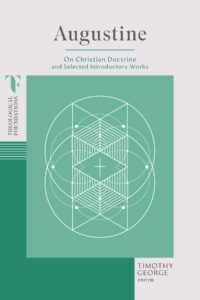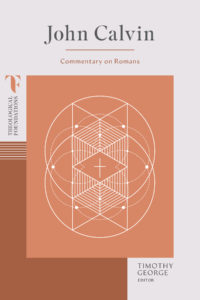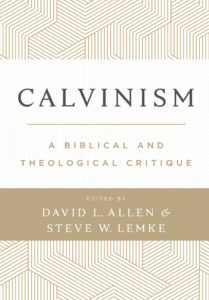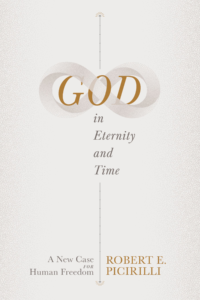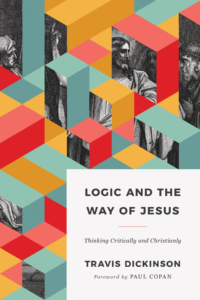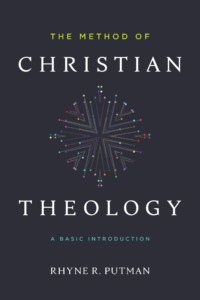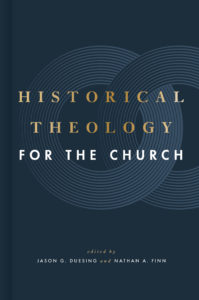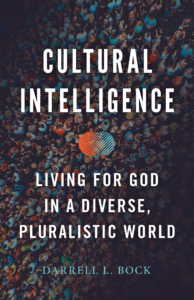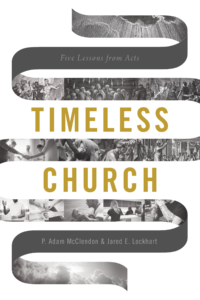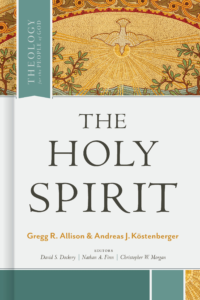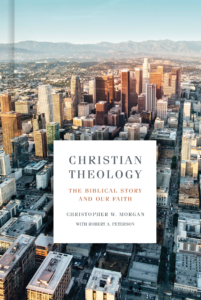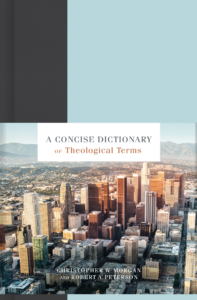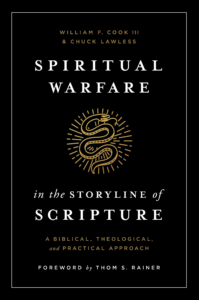Is the Trinity biblical? Is it necessary to affirm God as three persons in one being? Despite a renewed interest in the Trinity in recent years, many Christians, including most evangelicals, either relegate the Son of God to creaturely status or repudiate the personhood of the Holy Spirit. In addition, numerous scholars affirm that the doctrine of the Trinity is not clearly revealed in Scripture. Is the Trinity merely a philosophical construction, or is it essential to orthodox Christianity? Drawing on hermeneutics and biblical and historical theology, Malcolm Yarnell crafts a careful and clear response to these issues through exegesis of pivotal texts from both testaments.
He meticulously examines the foundational Hebrew confession known as the Shema, Matthew's great commission, the divine relations in the Gospel of John, Paul's Corinthian benediction, the opening hymn of Ephesians, and the throne room vision of the Apocalypse. Also considered are the relationships of language to revelation and history to metaphysics, along with recent appeals to recover patristic exegesis and the Christian imagination. He also challenges the reader to discern the implications of the Trinity for personal salvation as well as corporate worship.
Table of Contents
Prologue
Chapter 1: The Identity of God
Chapter 2: The God We Worship
Chapter 3: The Only God
Chapter 4: God Interpreting God
Chapter 5: The God Who Is
Chapter 6: Even As God
Chapter 7: The God Who Acts
Chapter 8: The God Who Is Coming
Epilogue
